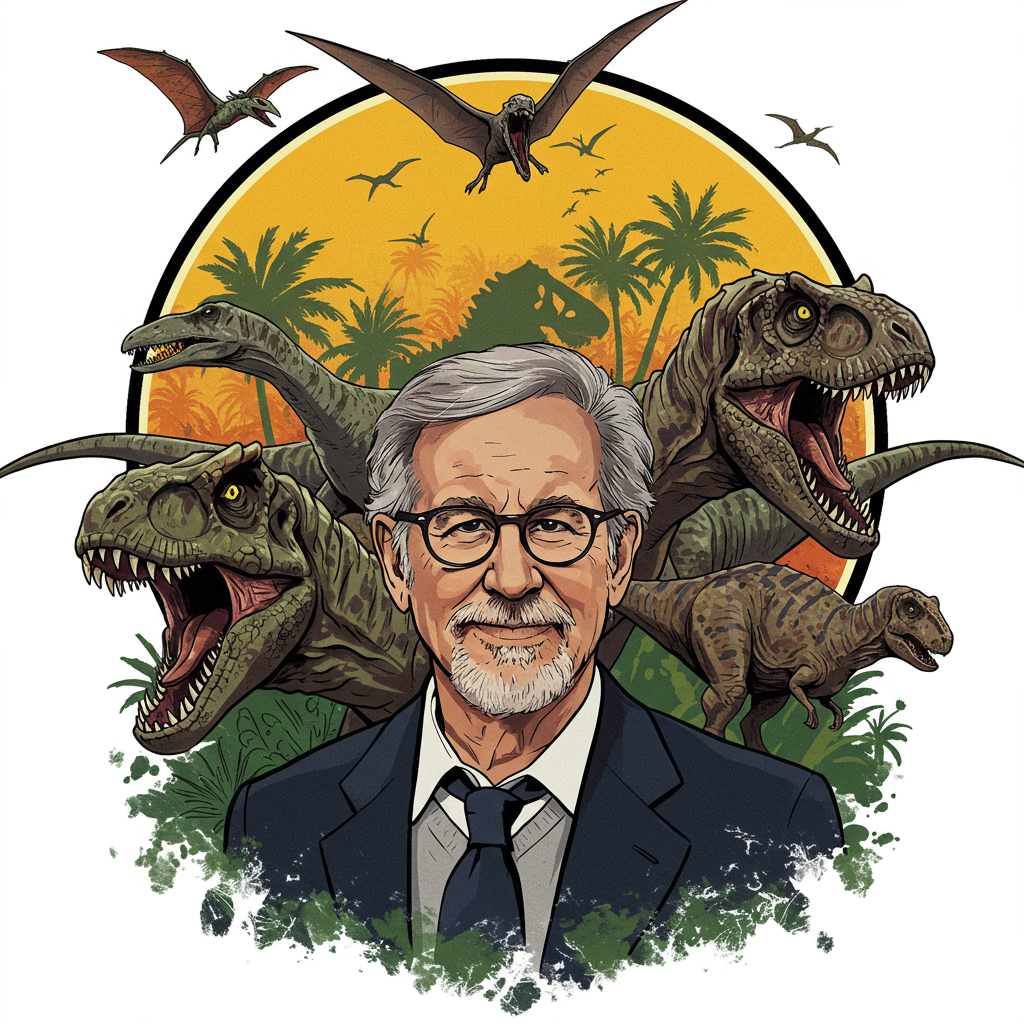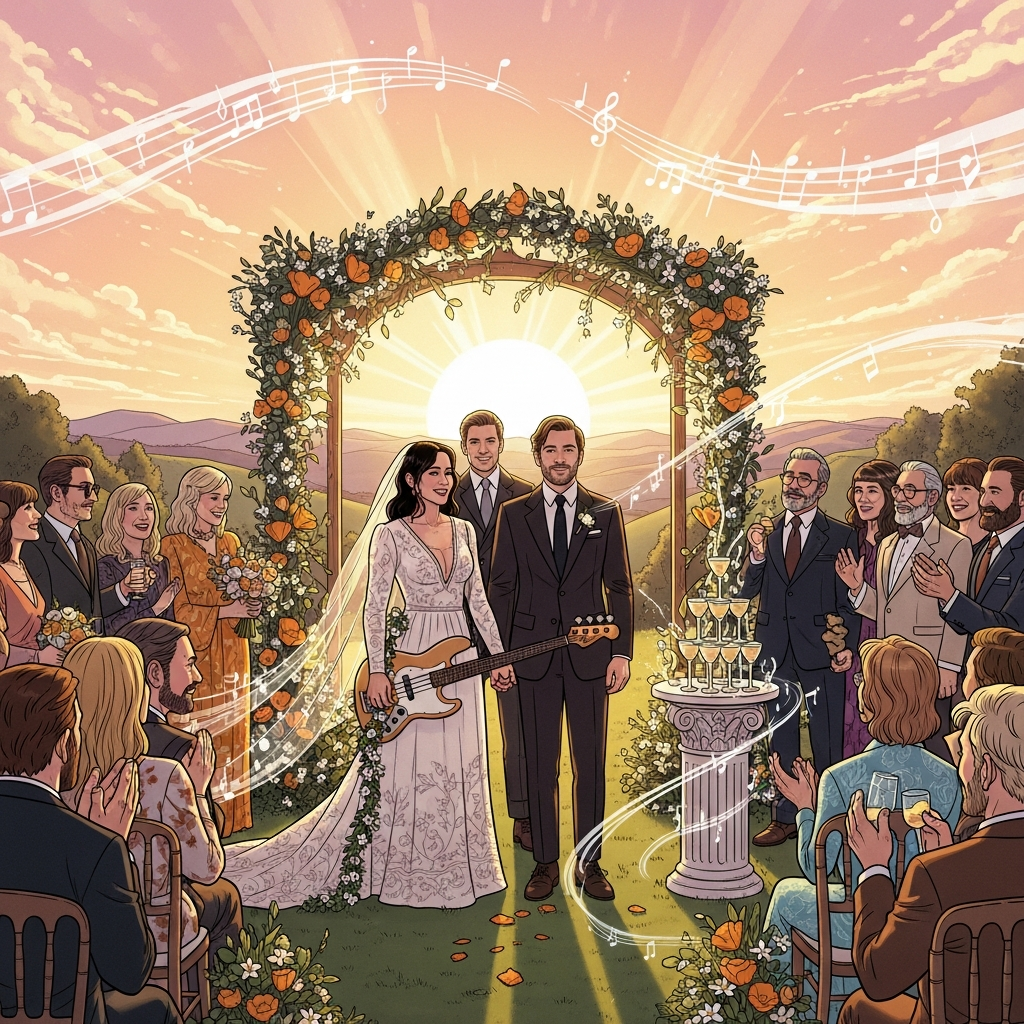Since Steven Spielberg first brought dinosaurs back to life on the big screen in 1993, the “jurassic” franchise has captivated audiences worldwide. From the awe-inspiring wonder of seeing ancient creatures roam again to the terrifying thrill of escaping a hungry Tyrannosaurus rex, these films have become a cultural touchstone. The saga now spans seven movies, including the highly anticipated Jurassic world Rebirth. But with varying critical and audience reception over the decades, fans often debate which entry truly stands out. Forget simply watching the movies; let’s rank them. We’ve dug deep into what makes each film roar (or whimper) to bring you the ultimate ranking of every “Jurassic” movie, from the bottom of the food chain to the top predator. Get ready to hold onto your butts.
The Lowest Depths: Where the Franchise Stumbles
The “Jurassic” series has seen its share of evolutionary missteps. While the core concept of de-extinction remains compelling, translating that into consistently compelling narratives has proven challenging. The films in the lower half of this list often suffer from inconsistent plotting, underdeveloped characters, or simply failing to capture the magic of what came before.
7. Jurassic World Dominion (2022)
Ranked by several sources, including Business Insider and Comicbook.com, as the weakest entry, Jurassic World Dominion aimed to be the grand conclusion of the “World” trilogy, uniting characters from both eras. Set in a world where dinosaurs live alongside humans, the premise held massive potential. However, critics and audiences alike found the film often sidelined this intriguing setup in favor of a complex plot involving giant locusts and a tech corporation. Comicbook.com describes it as an “unexciting slog” lacking real stakes for its characters. While it offered nostalgic fan service by bringing back the original trio – Sam Neill, Laura Dern, and Jeff Goldblum – many felt their return wasn’t fully utilized. The IMDb audience score reflects this, placing it lowest among the pre-Rebirth films at 5.6. Despite some praised action sequences and supporting performances, Dominion often feels disconnected from its core dinosaur premise, focusing instead on genetic conspiracies.
6. Jurassic Park III (2001)
The first film in the franchise not directed by Steven Spielberg, Jurassic Park III, steps down slightly in quality according to our ranking sources like USA Today and IMDb voters (scoring 5.9). Directed by Joe Johnston, this sequel sees Sam Neill return as Dr. Alan Grant, reluctantly drawn back to a dinosaur-filled island on a dubious rescue mission. The film is the shortest of the series, which some sources like Comicbook.com suggest makes it feel rushed, leading to quick character deaths that reduce tension. While it introduced the Spinosaurus as a new antagonist, its controversial defeat of the iconic T. Rex was a point of contention for many fans. Business Insider notes the film has some redeeming qualities, such as a “riveting bird cage” scene, but ultimately questions its necessity. Criticisms often focus on the thin plot and a perceived lack of the original’s wonder and thematic depth.
Navigating the Mid-Tier: Hits, Misses, and Rebirth
As we move up the list, we encounter films that, while not reaching the heights of the original, offer significant entertainment, new ideas, or ambitious attempts to evolve the franchise. This tier includes the divisive sequels and the brand new addition.
5. Jurassic World: Fallen Kingdom (2018)
This 2018 sequel is a film of two distinct halves, which often leads to mixed reactions. Directed by J.A. Bayona, Fallen Kingdom starts as a disaster movie, focusing on rescuing dinosaurs from a volcanic eruption on Isla Nublar. Owen Grady (Chris Pratt) and Claire Dearing (Bryce Dallas Howard) return for this mission. The second half drastically shifts gears, becoming a gothic “haunted house” thriller set in a mansion where dinosaurs are being auctioned. This tonal shift was noted by several sources, including USA Today and Comicbook.com, the latter describing it as a “mixed bag.” Business Insider surprisingly ranked it higher than many, calling it the “most self-aware” sequel for acknowledging humanity’s mistakes. However, its plot relies heavily on characters making questionable decisions. The introduction of the genetically engineered Indoraptor provided a new monster threat, but the film’s darker tone and sometimes convoluted cloning subplot left audiences divided, resulting in a middle-of-the-road IMDb score of 6.1.
4. Jurassic World Rebirth (2025)
The newest entry, Jurassic World Rebirth, arrives with the pedigree of original screenwriter David Koepp and director Gareth Edwards. Positioned differently across sources – USA Today places it lower at #5, while Consequence.net ranks it as the surprising #2 – this film focuses on a new cast and premise: obtaining dinosaur DNA for a potential medical cure. While some sources hoped for a return to practical effects, the film is described as a “very straightforward adventure film” with fun set pieces but predictable character fates by Comicbook.com. Business Insider felt it followed a typical blockbuster formula despite the talent involved. Consequence.net, however, praised Koepp’s script for grounded stakes and Edwards’ direction for solid action, viewing it as a strong survival tale. Its reception highlights the ongoing challenge of creating a sequel that honors the past while forging new ground, often relying on familiar tropes like endangered children and corporate betrayal, here involving a mutated Distortus rex (or D. rex).
The Upper Echelon: Strong Sequels and Revivals
These films represent the peaks of the “Jurassic” franchise outside the original. They managed to capture elements of the magic, introduced compelling new dynamics, or successfully revived the series for a new generation, proving that even later entries can deliver thrilling prehistoric action.
3. The Lost World: Jurassic Park (1997)
Steven Spielberg returned to direct the first sequel, The Lost World: Jurassic Park. Shifting focus to Isla Sorna (Site B), the island where the dinosaurs were bred, the film brought back Jeff Goldblum as Ian Malcolm. The plot involves competing expeditions: one to document the free-roaming dinosaurs and another to capture them for a mainland park. Consequence.net calls it the closest to the original’s magic due to its era and darker tone. While Business Insider praises Spielberg’s direction and tension-building, it notes the film suffers from a “terrible script” that led to disappointment. The controversial third act features a T. Rex rampaging through San Diego, a divisive sequence that pushes the limits of suspension of disbelief. Despite its flaws and an IMDb score of 6.6, The Lost World delivered memorable action sequences and expanded the world of the franchise, solidifying its place as an enjoyable, albeit imperfect, adventure.
2. Jurassic World (2015)
The film that successfully resurrected the franchise after a 14-year hiatus, Jurassic World, proved the enduring appeal of seeing a functioning dinosaur park. Directed by Colin Trevorrow, this reboot introduced Owen Grady (Chris Pratt) and Claire Dearing (Bryce Dallas Howard) managing a massive, modern park. The central conflict arises from the creation of the Indominus rex, a genetically engineered hybrid designed to be “bigger, better and louder” to boost attendance. While Business Insider saw it meta-textually as a “cash-grabbing, nostalgia-exploiting” effort, it undeniably brought the series “back from the brink of extinction,” according to Yahoo’s summary of IMDb ratings. Comicbook.com found it better than its sequels in the trilogy, despite issues like Claire’s character arc and “silly” raptor training threads. The film delivered big set pieces, including a multi-dinosaur battle, resonating with audiences for a 6.9 IMDb score, breathing new life into the prehistoric premise.
The Undisputed King: A Cinematic Masterpiece
There is one film in the “Jurassic” saga that stands head and shoulders above the rest, universally lauded for its groundbreaking effects, masterful storytelling, and enduring impact. It’s the standard against which all sequels are measured.
1. Jurassic Park (1993)
Steven Spielberg’s original Jurassic Park is not just the best film in the franchise; it’s a cinematic landmark. Based on Michael Crichton’s novel, the movie follows paleontologists Alan Grant and Ellie Sattler, along with chaos theorist Ian Malcolm, as they visit a remote island park populated by genetically engineered dinosaurs. The awe-inspiring visuals, a revolutionary blend of practical effects and CGI, set a new standard for visual effects in blockbusters and remain breathtaking decades later. Praised across all sources as a “masterpiece,” a “GOAT,” and “perfect in almost every way,” its success wasn’t just technical. The film masterfully balances wonder, terror, and compelling characters you genuinely care about. It explores themes of corporate greed, the hubris of man playing God, and the raw power of nature. With intense scenes like the T. Rex breakout and the kitchen raptor sequence, it’s a masterclass in tension and pacing. Jurassic Park earned an exceptional 8.2 IMDb score, a testament to its timeless appeal and status as an instant classic. Its blend of heart, smarts, and spectacle created an unparalleled movie-going experience that simply nothing else in the series has managed to replicate.
Frequently Asked Questions
What are the main criticisms often leveled against the Jurassic sequels?
Across various rankings and reviews, common criticisms of the Jurassic sequels include inconsistent plot quality, often deviating from the core dinosaur threat (e.g., giant locusts in Dominion). Characters frequently make illogical or “stupid decisions” to advance the plot. Some films are criticized for lacking the original’s sense of wonder or thematic depth, becoming more generic monster or action movies. There are also debates about the effectiveness of genetic hybrids versus natural dinosaurs and the balance between practical and CGI effects in later entries.
Which Jurassic movies were directed by Steven Spielberg?
Steven Spielberg directed the first two films in the franchise. He helmed the original masterpiece, Jurassic Park (1993), which launched the entire series. He also returned to direct the first sequel, The Lost World: Jurassic Park (1997). Subsequent films were directed by others, including Joe Johnston (Jurassic Park III), Colin Trevorrow (Jurassic World, Jurassic World Dominion), J.A. Bayona (Jurassic World: Fallen Kingdom), and Gareth Edwards (Jurassic World Rebirth).
Why does the original Jurassic Park consistently rank as the best film?
The 1993 original Jurassic Park holds the top spot in almost every ranking due to its groundbreaking achievements and masterful execution. Directed by Steven Spielberg, it featured revolutionary visual effects that redefined cinema. Beyond the spectacle, the film is praised for its perfect pacing, well-developed characters, and intense, suspenseful sequences. It effectively blended awe-inspiring wonder with genuine terror and explored compelling themes about nature, science, and corporate responsibility. Its timeless appeal lies in creating a believable world and making the audience truly believe dinosaurs could walk among us, delivering a cinematic experience that sequels have been unable to replicate.
In the end, the “Jurassic” franchise’s appeal boils down to one undeniable truth: people love dinosaurs. While the quality fluctuates, the core spectacle of these magnificent creatures is what keeps audiences returning to Isla Nublar, Sorna, and beyond. The original Jurassic Park remains a high bar, a testament to perfect blockbuster filmmaking. The sequels, from the thrilling highs of Jurassic World to the debated lows of Dominion, continue to explore the dangerous implications of playing God. Jurassic World Rebirth now adds a new chapter to this legacy. Whether for nostalgic fans or new generations, the roar of the T. Rex ensures that the world of Jurassic Park will continue to evolve, thrilling audiences for years to come.


